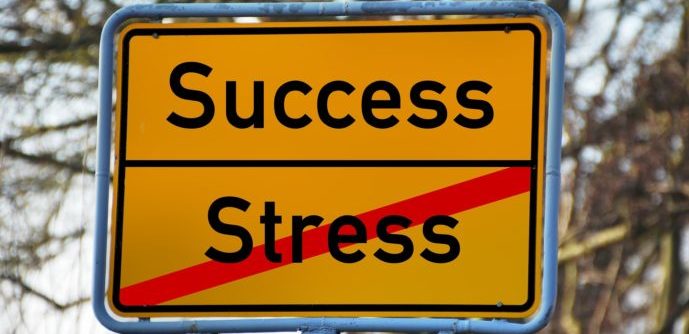Taking risks is hair-raising but will move you into a bigger world. Embrace more of…
Are you in a whirlwind of busyness and stress?
If you aren’t already busy and stressed, this season of the year can push you to the edge if you let it.
Unfortunately, you can become unaware or numb to your state of busyness and stress. Please consider these statements to help raise awareness and to frame things up:
***Click here to listen to this article through our Discover Your True Course Podcast channel.
- I hear: “Can’t people use common sense and avoid stress?” Here’s the truth – Common sense is not common practice.
- I ask: “When are you at your best?” I hear: “I’m at my best when rested.” I ask, “When is that?” I hear a nervous chuckle, see a grin, and hear the reply, “Well, never.” Can you relate?
- Exhaustion is not limited to your physical being. You may also experience varying levels of spiritual, emotional, mental, social, sensory, and creative exhaustion depending on the demand placed on these aspects of your being. Fatigue in one area impacts all other areas.
- Do you employ exhaustion as a status symbol*? Productivity as a measure of self-worth*? Burnout as a badge of honor? Rest and sleep as something you can’t afford?
- Is your constant busyness an anesthetic for numbing the loss of identity, self-esteem, and deeper meaning in life?
Here are some tips for adjusting perspectives and actions and rediscovering depth. See the end of the article for supportive resources.
- Ask yourself: “How does being so busy serve me? Serve others?” Try to determine how you may be using busyness to fill your needs for safety, belonging, respect from others, or self-respect. Is it working?
- Determine, as much as you can know now, what you believe you must accomplish before your death. Focus your energy on those things as top priorities. This is as opposed to allowing someone or something else to decide your priorities for you and following that decision mindlessly. See the result of my personal work on this.
- Eliminate current activities or commitments that do not contribute to #2. Be sure to consider the demand on all aspects of your being (as mentioned above).
- Fearlessly and kindly say “no” to invitations or pressure to engage in new activities that do not contribute to #2.
- Pace your exertion, allowing an ebb and flow or oscillation in your energy use. This means you must plan downtime daily to allow yourself to recover and refocus. As little as 5 minutes of rest several times daily can make a big difference. Take at least one day off (completely off) per week and several weeks per year.
- Rest your brain using meditation which can include progressive muscle relaxation, breath-focused meditation, body scan, mindfulness meditation, lovingkindness meditation, thought observance, yoga or other movement-based meditation, or guided meditation. None of these are necessarily religious though you can incorporate prayer into your meditation practices.
- Use planning and project management skills to free mental and emotional space, allowing you to leave work at work.
- Avoid spending time in relationships that drain you. You are not a bad person for choosing whom you will spend time with and whom you won’t.
- Take time to celebrate completing tasks. This means you take time to reflect on what you have done and appreciate what you did well and what you learned. Share your accomplishments with others.
- Honor your makeup. Whether you are more introverted or extroverted, you will expend and recover energy uniquely. Know what this is for you and honor it. Avoid trying to be like everyone else in this regard. See the end of the article for two books that can encourage you to keep your makeup.
At True Course, we can support you in developing the skills and perspectives that allow you to enjoy life more and have a greater sense of rest, peace, and presence with others. Contact us today to explore the possibilities.
*Brown, B (2010). The Gifts of Imperfection. Hazelden. p. 101
Resources for you:
Brown, B. (2010). The Gifts of Imperfection. Hazelden.
Cain, S. (2013). Quiet: The power introverts in a world that can’t stop talking. Crown Publishing
Daulton-Smith, S. (2019). Sacred Rest: Recover your life, renew your energy, restore your sanity. FaithWords.
Frucht, S. (2020). Progressive Muscle Relaxation – The Jacobson method for total relaxation and stress relief.
Godfrey, J.M. (2013). Without Regret. Thomas Noble Books.
Godfrey, J.M. (2017). Put Stress to Work: Turning Headaches to Advantages. Thomas Noble Books.
Kabat-Zinn, J. (2016). Mindfulness for beginners. Sounds True.
Laney, M. O. (2002) The introvert advantage. Workman Publishing.
Salcedo, B. (2007). Progressive muscle relaxation. Or download it from Apple iTunes.





